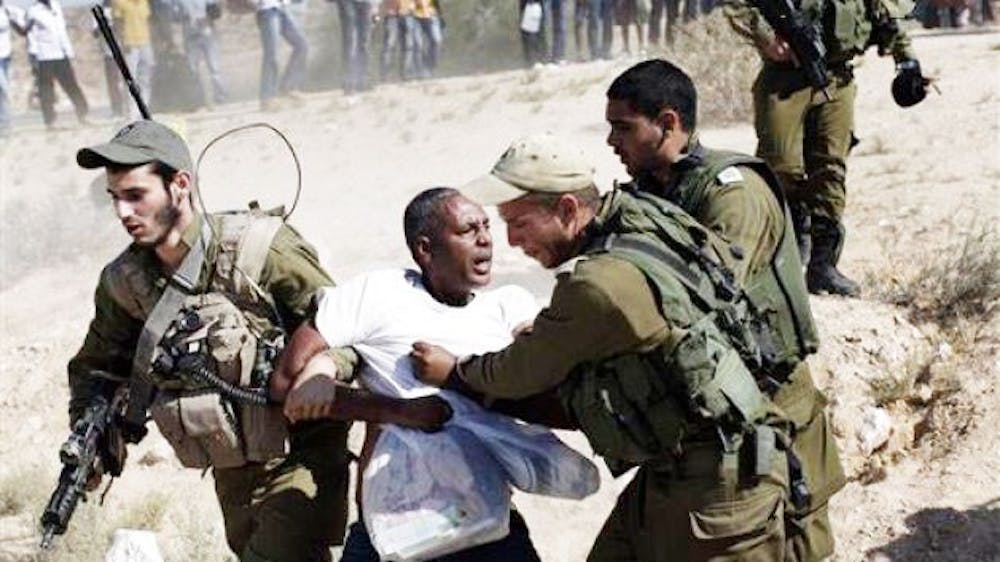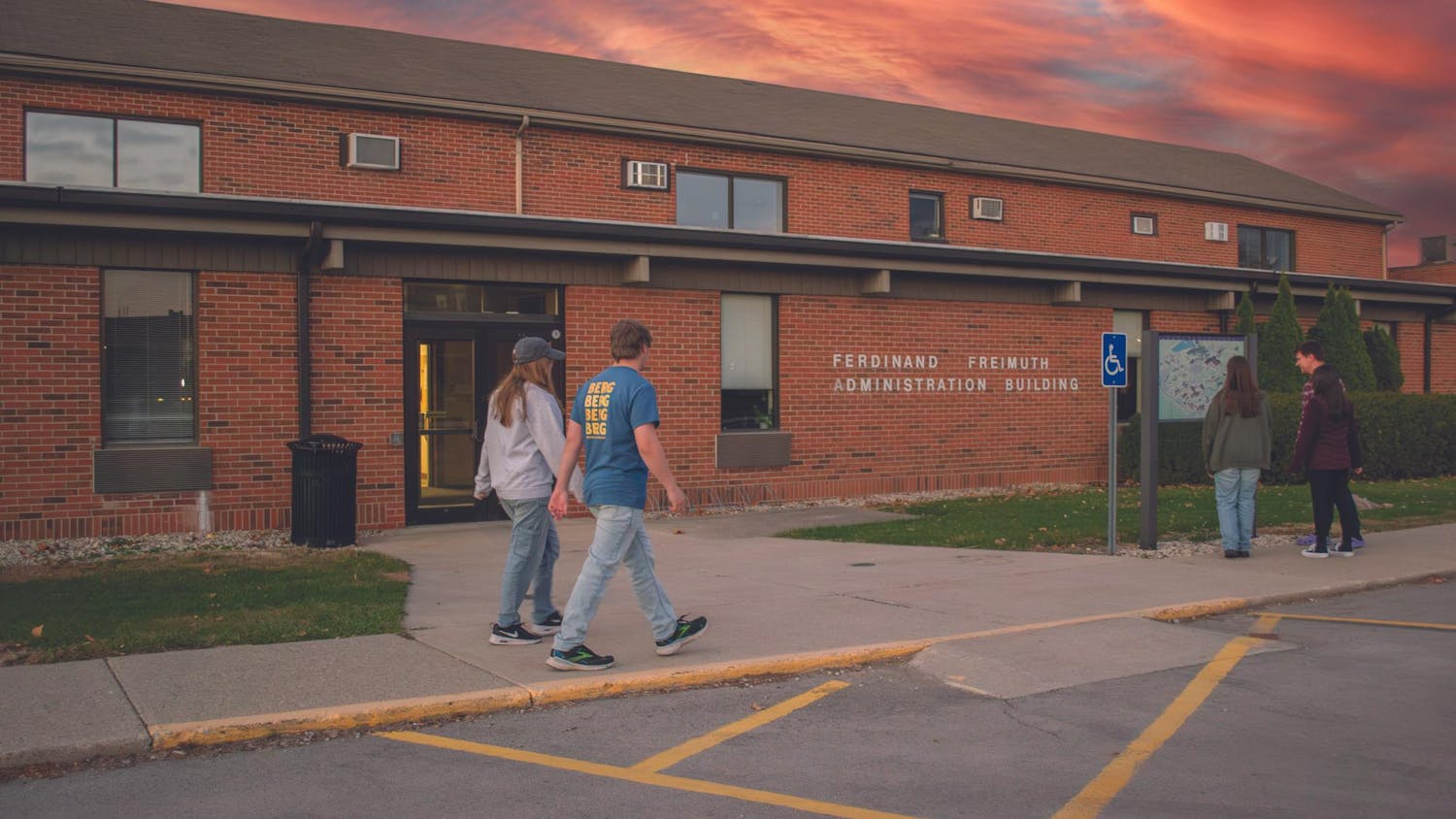By Joe Friedrichsen | Echo

The melting pot metaphor is often attributed to the U.S. to describe our country's ability to fuse different nationalities, cultures and ethnicities into a larger culture. But if the U.S. is a melting pot, then Israel is a boiler where deeply rooted tensions within society are being heated to the boiling point.
Since Israel covertly airlifted thousands of Ethiopian Jews to help them escape their country in the 1980s and 1990s, there have been unsuccessful attempts by the Israeli government to absorb these people into society. This issue serves as a backdrop for the recent outbreak of violence and protests by the Jewish Ethiopian community.
Today, Ethiopian-Israelis typically have lower incomes than other Israeli Jews, according to The Ethiopian National Project. They also have fewer opportunities for higher education and are more frequently incarcerated.
The black Jewish minority group also struggles with a lack of opportunity in Israel as well as endemic poverty, the Associated Press reported. These Jews complain about racism and routine Israeli police harassment.
Simmering frustrations came to a head two weeks ago when a video emerged of two Israeli policeman beating a uniformed Ethiopian-born Israeli Defense Force (IDF) soldier. In response to the video, Jewish Ethiopians living throughout Israel began protesting against Israeli racism and police brutality.
The New York Daily News reported that in Tel Aviv on Sunday, peaceful protests turned into riots.
Some in the Israeli-Ethiopian community draw parallels to the footage they've seen of protests by African-Americans concerning police maltreatment in Baltimore and other American cities, NPR reported.
But according to the New York Daily News, activists in Israel who have seen the Baltimore riots said they don't want violence in Tel Aviv and other Israeli cities to escalate to similar levels.
Reacting to the outcry, Israel's prime minister, Benjamin Netanyahu, met with Ethiopian community leaders and reached out to the man attacked by police, according to the Associated Press. Netanyahu and other government leaders also vowed to respond to the community's grievances.
The government's positive response is good news for the Ethiopian community. Though it's likely protests will become more frequent in the short-term, the government can avert future violent protests by continuing to show its resolve in confronting racism and police brutality directed toward the Israeli-Ethiopian community.
Though Ethiopian grievances are currently manageable, the Israeli government's handling of the influx of East African asylum seekers is far more troublesome. Israel, a country built on migrants itself, doesn't want to admit the primarily Eritrean, Sudanese and South Sudanese migrant workers and refugees, reported Time magazine.
The refusal to permit the mostly Christian and Muslim migrants entry is due in part because the allowance would endanger Israel's identity as a Jewish democratic state, The Washington Post reported. To maintain that identity, Israel would have to retain a Jewish majority population.
Further, the growing African homeless population in Tel Aviv and other major Israeli cities is causing societal problems. In 2013, a series of crimes, including a spree of alleged rapes, were blamed on members from this African community. These acts created public resentment that sparked rallies and isolated attacks against the "foreigners" by Israelis.
For the 50,000-some migrants and refugees who have arrived and are already living in the country, Israel can act according to the 1951 Refugee Convention and either designate asylum seekers as refugees or deport them to their countries of origin.
But there's a problem. If deported, Sudanese migrants would likely face 10-year prison sentences for entering Israel, according to Human Rights Watch.
For Eritreans, the threat of retaliation by their government is so great that countries grant Eritrean claims of asylum about 90 percent of the time.
Though Israel says it won't forcibly deport migrant workers and refugees, the government hopes to compel them to voluntarily leave by making living conditions uncomfortable for them.
What's Israel's solution to its refugee problem? The answer is twofold. First, according to The Guardian, Israel constructed a "surveillance fence" along its border with Egypt to block illegal immigrants crossing over from the Sinai Desert into the country.
Second, Israel is sending thousands of East Africans to camps in the Sinai Desert where they're detained at night, The Washington Post reported. Refugees and migrants must also report for roll call three times a day.
Asylum seekers have responded by staging protests in the hope of drawing international attention to their plight.
So what will happen next? Are the frustrations of the East African communities reaching a boiling point? Will Israel see frequent nationwide protests like the U.S.?
Because of Israel's hardline immigration stance and the desperate, frustrating predicament asylum seekers find themselves in, the possibility for protests to grow in frequency and violence is high.
Already experiencing the consequences for its neglect of the Jewish Ethiopian community, Israel will have to find a way to address the complexities of its immigration problem or risk those frustrations boiling to an unmanageable point.





